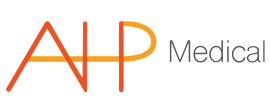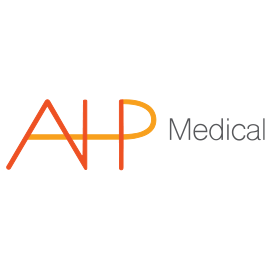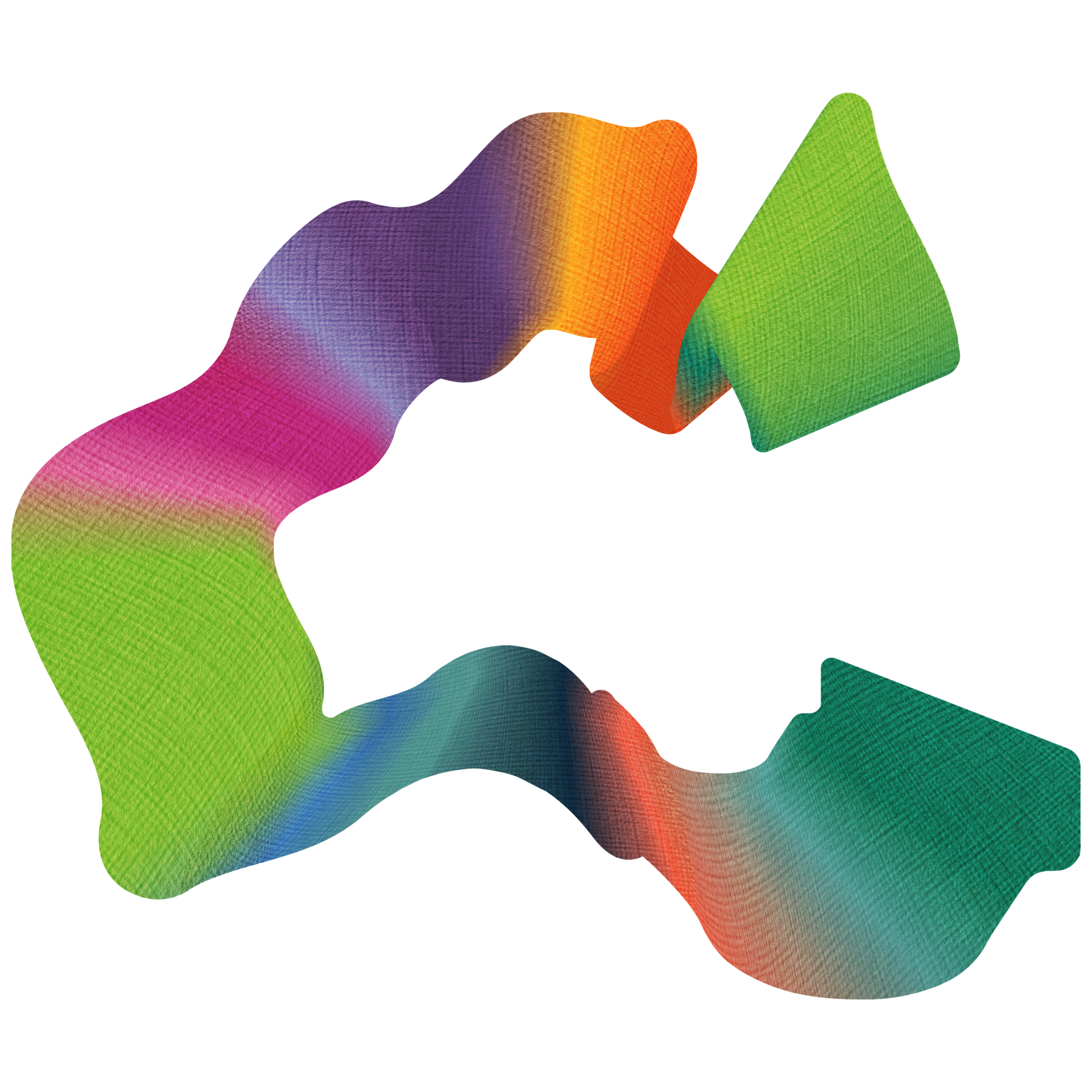How to write a great medical resume
This is a subtitle for your new post
Writing a medical resume requires careful attention to detail and a clear presentation of your qualifications and experiences in the medical field. Even though there are plenty of medical resume examples online, you want to make sure your medical CV is at the top of the pile. A hiring manager will see lots of resumes for just one job title, so follow the steps below to get your resume noticed.
This article is a step-by-step guide on how to write a medical resume that will be remembered by hiring managers.
- Contact Information
- Professional Summary/Objective Statement
- Education and Licensure
- Clinical Experience
- Research and Publications (if applicable)
- Medical Professional Skills
- Professional Affiliations
- Continuing Education and Training
- References
- Formatting and Length
- Proofread and Edit
- Key Points to Note When Writing a Medical Resume
Contact Information
If you are unsure of where to begin, perhaps use a medical resume template. Provide your full name, professional title, phone number, and email address. Make sure your email address is professional and appropriate for a healthcare setting. If applicable, include links to your professional social media profiles, such as LinkedIn.
Professional Summary/Objective Statement
Write a concise paragraph that summarises your key qualifications, areas of expertise, and career goals. Tailor this section to the specific job you're applying for, highlighting your relevant skills and experiences. Use strong action verbs and showcase your unique selling points.
Here's an example of an introductory paragraph for a medical resume:
"Dedicated and compassionate healthcare professional with a strong background in patient care and a genuine passion for improving health outcomes. With [X years] of experience in the medical field, I am skilled in delivering exceptional patient-centred care, collaborating with interdisciplinary healthcare teams, and implementing evidence-based practices. My comprehensive knowledge of medical procedures, treatments, and protocols, combined with my ability to communicate effectively with patients and their families, has consistently resulted in positive patient experiences and improved health outcomes. As a detail-oriented and highly organised individual, I have successfully managed complex cases, prioritised multiple tasks, and maintained accurate and thorough medical records. Seeking a challenging position in [specific medical specialty or role] where I can apply my clinical expertise, leadership skills, and commitment to patient well-being to contribute to a high-quality healthcare delivery system."
You can customise this paragraph by incorporating your own experiences, qualifications, and career goals to make it more personalised and relevant to your educational background.
Education and Licensure
Start with your highest level of education and work backward chronologically. Include the name of the institution, its location, the degree or diploma earned, and the year of graduation. If you're a medical doctor, specify your medical school and any additional degrees (e.g., MD, MBBS, DO). List any relevant licenses or certifications, such as a medical license, board certifications, or specialty certifications.
Clinical Experience
List your work experience in reverse chronological order, starting with your most recent position. Include the name and location of the organisation, your job title or role, employment dates (month and year), and a concise job description full of your responsibilities and achievements. Use bullet points to highlight specific skills, procedures, or patient populations you've worked with. Focus on outcomes, such as improving patient outcomes, implementing quality improvement initiatives, or leading interdisciplinary healthcare teams.
Research and Publications (if applicable)
If you have participated in medical research, include a separate section highlighting your research experience. Mention the title of the research, the institution or organisation where it was conducted, and your specific role. If applicable, list any publications, presentations, or awards related to your research.
Medical Professional Skills
Create a dedicated section to showcase your medical skills. Divide them into technical skills (specific medical procedures, equipment, or software) and soft skills (communication, teamwork, problem-solving, empathy). Tailor your skills section to match the requirements of the medical job titles you're applying for.
Professional Affiliations
Include contact details of any professional memberships or affiliations that are relevant to your medical career. Mention the name of the organisation, the years of membership, and any leadership roles or committees you've been a part of. This demonstrates your commitment to staying connected with the medical community and staying updated on industry trends.
Continuing Education and Training
Highlight any continuing education courses, workshops, or conferences you have attended to enhance your medical knowledge and skills. Include the name of the course or event, the sponsoring organisation, the dates attended, and any relevant certifications or qualifications obtained.
References from Medical Professionals
Optionally, mention that references for medical professional resume are available upon request. Prepare a separate document with the contact information of individuals who can speak to your professional abilities and work ethic in medical profession. Choose references who are familiar with your medical work, such as supervisors, professors, or colleagues.
Formatting and Length
Use a clean and professional format for education section of your resume. Use a standard font such as Arial or Times New Roman, with a font size of 11 or 12. Organise information in best resume format using bullet points and headings for each section. Aim for a one-page resume, but if you have extensive experience, it's acceptable to extend to two pages.
Proofread and Edit
Thoroughly proofread your resume for any errors or inconsistencies. Check for grammar, spelling, and formatting mistakes. It's a good idea to have someone else review it as well, as they might catch errors or provide valuable feedback.
Remember, the goal is to create a well-organised and professional document that showcases your qualifications and experiences effectively. Customising your resume for each job application will help you highlight the most relevant skills and experiences, increasing your chances of getting an interview in the medical field.
Key Points to Note When Writing a Medical Resume
While the general structure and principles of resume writing apply to a medical resume, there are a few key differences to consider when crafting a medical resume. These differences are primarily related to the unique requirements and expectations of the medical field. Here are some differentiating factors:
Emphasis on Medical Qualifications
A medical resume places greater emphasis on your medical professional and educational qualifications, such as degrees, licenses, certifications, and clinical experiences. These should be highlighted prominently, as they are essential for establishing your credibility and expertise in the healthcare field.
Clinical Experience on Medical Resumes
In a medical resume, it's important to provide prospective employers with detailed information about your clinical experience, including the specific healthcare settings you have worked in (hospitals, clinics, etc.), the patient populations you have served, and the medical procedures or treatments you have performed. This information helps potential employers assess your practical skills and determine your suitability for the role.
Medical Skills and Proficiencies
Your medical resume should include a resume summary and a dedicated section where you showcase your technical skills, including knowledge of specific medical procedures, familiarity with medical equipment, proficiency in relevant software or electronic medical record systems, and any specialised training you have received.
Medical Terminology and Keywords
Incorporating relevant medical terminology and industry-specific keywords throughout your resume can demonstrate your understanding of the field and increase the likelihood of passing applicant tracking systems (ATS) used by employers to screen resumes. Use specific medical terms and keywords related to your area of specialization to showcase your expertise among medical professionals and job seekers.
Research and Publications
If you have been involved in medical research or have published academic papers or articles with medical expertise, it is beneficial to include a separate section to highlight these accomplishments. This can demonstrate your commitment to advancing medical knowledge and your ability to contribute to the scientific community.
Professional Associations and Certifications
Medical resumes often include a section where you list professional memberships, affiliations, and certifications relevant to your job search or field. This helps to establish your commitment to ongoing professional development and staying current with industry standards and best practices for medical jobs.
Patient-Centric Approach
Given the nature of the medical field, it is important to emphasise your ability to provide compassionate, patient-centred care. Highlight any experiences or skills that demonstrate your ability to communicate effectively with patients, provide emotional support, and maintain confidentiality.
Overall, a medical resume should be tailored to the healthcare industry and showcase your qualifications, clinical experiences, medical skills, and commitment to providing high-quality health care services. By addressing these specific aspects, you can create a resume that effectively showcases your suitability for medical roles and catches the attention of potential employers and hiring managers in the healthcare field.











